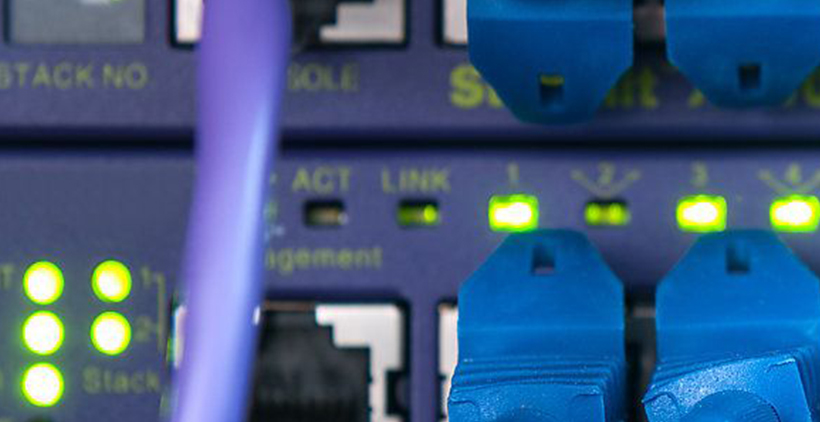- ISO 9001:2015
- ISO 14001:2015
- ISO 22000:2018
- ISO 45001:2018
- ISO/IEC 17025:2017
- ISO 37001:2016
- IATF 16949:2016
- AS9100D
- British Retail Consortium Global Standard (BRC)
- HALAL Consultancy
- GMP Plus
- ISO 15189:2012
- ISO 13485:2016
- ISO/IEC 27001:2013
- Integrated Management System
- Malaysia Sustainable Palm Oil (MSPO)
- Good Distribution Practice for Medical Devices (GDPMD)
- Sustainability Consultancy
Quick Contact
Need Help?
Please Feel Free To Contact Us. We Will Get Back To You Within 24 hours.
[email protected]
(603) 7955 2633
ISO/IEC 27001:2013 Information Security Management Systems
ISO/IEC 27001:2013, Information technology – Security techniques – Information security management systems, is available, and replaces ISO/IEC 27001:2005. The Information Security Management System (ISMS) is a systematic approach to managing sensitive company information so that it remains secure. It encompasses people, processes, and IT systems. The international standard provides the framework for an organization to implement a globally recognized system for managing the security of their information.
With increased usage of new technology to store, transmit, and retrieve information, we have exposed ourselves to increased numbers and types of threats. The overall approach to Information Security, and integration of different security initiatives needs to be managed in order for each element to be most effective. An ISMS allows you to coordinate your security efforts
effectively. The implementation of ISO/IEC 27001:2013 will reassure customers and suppliers that information security is taken seriously within your organization and defined processes are in place to deal with information security threats and issues.

Who Needs ISMS?
Benefits of ISMS?
• It helps the company defend itself from technology-based risks and other, more common threats such as poorly informed staff or ineffective procedures.
• It reduces costs spent on indiscriminately adding layers of additional technology that might not work, due to the risk assessment and analysis approach.
• It constantly adapts to changes both in the environment and inside the organisation to reduce the threat of continually evolving risks.
• It makes sure that information security is entrenched in the business, improving the organisational culture and making processes efficient.
• It focuses on the integrity and availability of data as well as confidentiality. If the data is available but in a format that is not usable because of a system disruption, then the integrity of that data has been compromised; if the data is protected but inaccessible to those who need to use it as part of their job, then the availability of that data has been
compromised.
• It protects the availability of information and critical business processes from the effects of major disasters to ensure their timely resumption.
• It enables businesses to be significantly more resilient to cyber-attacks.
• Continual improvement, monitoring, internal audits and corrective actions make sure that the controls remain up to date and work properly
ISO/IEC 27001:2013 Information Security Management Systems
ISO/IEC 27001:2013, Information technology – Security techniques – Information security management systems, is available, and replaces ISO/IEC 27001:2005. The Information Security Management System (ISMS) is a systematic approach to managing sensitive company information so that it remains secure. It encompasses people, processes, and IT systems. The international standard provides the framework for an organization to implement a globally recognized system for managing the security of their information.
With increased usage of new technology to store, transmit, and retrieve information, we have exposed ourselves to increased numbers and types of threats. The overall approach to Information Security, and integration of different security initiatives needs to be managed in order for each element to be most effective. An ISMS allows you to coordinate your security efforts
effectively. The implementation of ISO/IEC 27001:2013 will reassure customers and suppliers that information security is taken seriously within your organization and defined processes are in place to deal with information security threats and issues.

Who Needs ISMS?
Benefits of ISMS?
• It helps the company defend itself from technology-based risks and other, more common threats such as poorly informed staff or ineffective procedures.
• It reduces costs spent on indiscriminately adding layers of additional technology that might not work, due to the risk assessment and analysis approach.
• It constantly adapts to changes both in the environment and inside the organisation to reduce the threat of continually evolving risks.
• It makes sure that information security is entrenched in the business, improving the organisational culture and making processes efficient.
• It focuses on the integrity and availability of data as well as confidentiality. If the data is available but in a format that is not usable because of a system disruption, then the integrity of that data has been compromised; if the data is protected but inaccessible to those who need to use it as part of their job, then the availability of that data has been
compromised.
• It protects the availability of information and critical business processes from the effects of major disasters to ensure their timely resumption.
• It enables businesses to be significantly more resilient to cyber-attacks.
• Continual improvement, monitoring, internal audits and corrective actions make sure that the controls remain up to date and work properly
- ISO 9001:2015
- ISO 14001:2015
- ISO 22000:2018
- ISO 45001:2018
- ISO/IEC 17025:2017
- ISO 37001:2016
- IATF 16949:2016
- AS9100D
- British Retail Consortium Global Standard (BRC)
- HALAL Consultancy
- GMP Plus
- ISO 15189:2012
- ISO 13485:2016
- ISO/IEC 27001:2013
- Integrated Management System
- Malaysia Sustainable Palm Oil (MSPO)
- Good Distribution Practice for Medical Devices (GDPMD)
- Sustainability Consultancy
Quick Contact
Need Help?
Please Feel Free To Contact Us. We Will Get Back To You With 1-2 Business Days.
[email protected]
(603) 7955 2633
